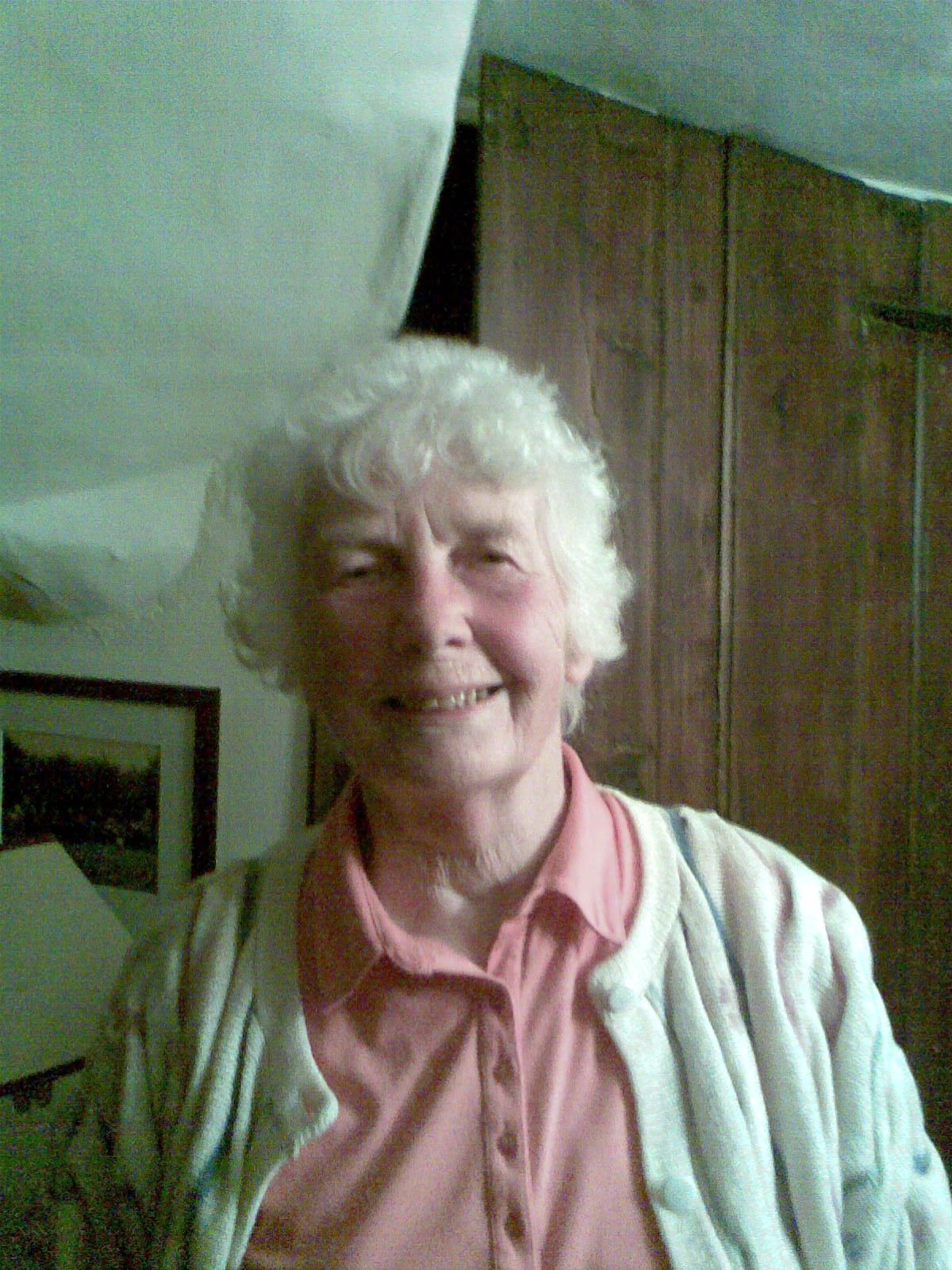In my last blog I wrote about the experience of seeing and being seen in the counselling room. I want to take this idea further today. Jacques Lacan, the French psychoanalyst, wrote about the Gaze and linked it to what he called the Mirror phase. In this phase the young child looks in a mirror and sees himself. But sees a true reflection of himself. Lacan argues that this is the beginning of the awareness of oneself as an object .That we can be seen as well as see. This suggests that I may not be able to control how others see me. A profoundly disconcerting thought! The infant in the picture has very little sense of itself as a separate being. (Although the question of when an infant does become aware of its separateness could fill many pages. Fortunately that issue is outside the scope of this blog|!)
The Mirror phase is unsettling because with it comes the possibility that others will not like what they see. So my own self view is of the 20 year old me. A 32″ waist, boundless energy, perfect hearing and vision etc. My real self these days is somewhat different. I have to take a risk each time I meet someone that they will accept the current version of me.
I’m always amused when I see a couple kissing and watch one of them take a selfie of the moment. As if to freeze this moment in time. To be able to look at the picture and reassure oneself that we were adored -albeit fleetingly. (It is as though there is a fear that the moment will be lost if it is not able to be posted on Facebook or similar. Or, more worryingly, that the ‘I’ of the photo will cease to exist.) The selfie takes the place of the Other’s gaze and risks becoming an exercise in Narcissism. “See how handsome / pretty / sexy/ desirable I was once.”
I now want to make a large jump and consider the Gaze from some other angles. One is theological. If God continuously gazes on us and sees us as we are- (as we are taught by most of the major world religions)- is there a reciprocal exchange? That we see God as an object -regardless of how He goes about presenting himself. That we scrutinise God and make judgements about who or what we see?
Or to take a less metaphysical example, how do groups like ISIS see the West? What does their gaze on us show them? And what shapes that gaze? The reciprocal question also needs to be asked. What do we see when we look at ISIS? And how do these mutual gazes shape each other. (Can I ever gaze “objectively” ?)
I suspect that Lacan’s gaze might also inform the ways we think about sexism,racism, homophobia and the like .(And how the objects of our gaze return that gaze.)
Don't give up







